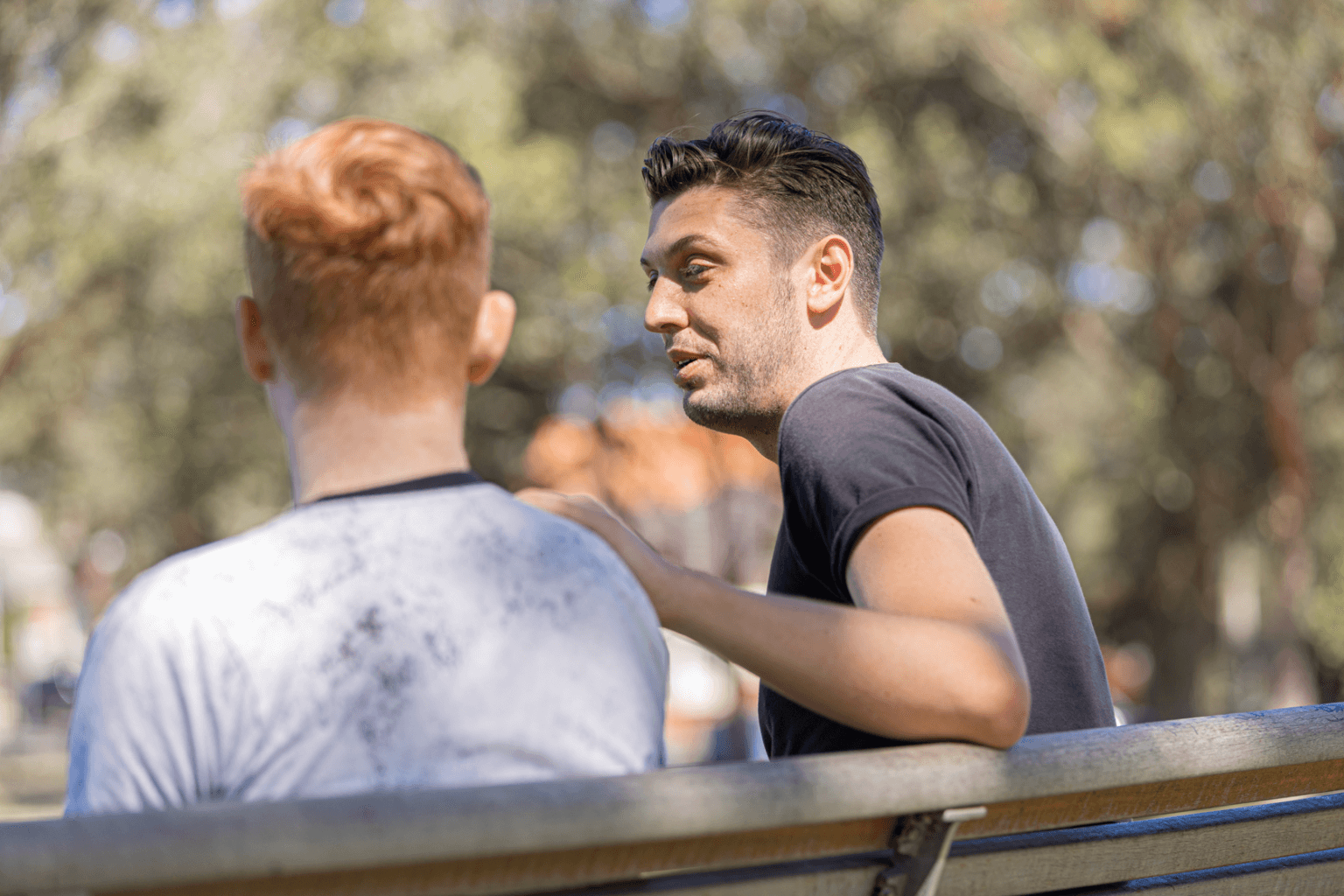As a psychologist, I am seeing this in my practice already. Although feeling anxiety in response to a threat is a normal human reaction, sustained high anxiety can undermine constructive responses to the crisis. People who already suffer from anxiety and related disorders are especially likely to have a hard time during the coronavirus crisis.

The following suggestions, based on psychological science, can help you deal with coronavirus anxiety.
1. Practice tolerating uncertainty
Intolerance of uncertainty, which has been increasing in the U.S., makes people vulnerable to anxiety. A study during the 2009 H1N1 pandemic showed that people who had a harder time accepting the uncertainty of the situation were more likely to experience elevated anxiety.
The solution is to learn to gradually face uncertainty in daily life by easing back on certainty-seeking behaviors.
Start small: Don’t text your friend immediately the next time you need an answer to a question. Go on a hike without checking the weather beforehand. As you build your tolerance-of-uncertainty muscle, you can work to reduce the number of times a day you consult the internet for updates on the outbreak.
2. Tackle the anxiety paradox

Anxiety rises proportionally to how much one tries to get rid of it. Or as Carl Jung put it, “What you resist persists.” Struggling against anxiety can take many forms. People might try to distract themselves by drinking, eating or watching Netflix more than usual. Show More >>>
Science, News, Health, Lifestyle, Style, Style (uk), Psychology, Cool Stuff, Health Care, Amazing, Culture, Friendship, Parenting, Science, News, Health, Lifestyle, Style, Style (uk), Psychology, Cool Stuff, Health Care, Amazing, Culture, Friendship, Parenting, Science, News, Health, Lifestyle, Style, Style (uk), Psychology, Cool Stuff, Health Care, Amazing, Culture, Friendship, Parenting, Science, News, Health, Lifestyle, Style, Style (uk), Psychology, Cool Stuff, Health Care, Amazing, Culture, Friendship, Parenting, Science, News, Health, Lifestyle, Style, Style (uk), Psychology, Cool Stuff, Health Care, Amazing, Culture, Friendship, Parenting, Science, News, Health, Lifestyle, Style, Style (uk), Psychology, Cool Stuff, Health Care, Amazing, Culture, Friendship, Parenting, Science, News, Health, Lifestyle, Style, Style (uk), Psychology, Cool Stuff, Health Care, Amazing, Culture, Friendship, Parenting, Science, News, Health, Lifestyle, Style, Style (uk), Psychology, Cool Stuff, Health Care, Amazing, Culture, Friendship, Parenting, Science, News, Health, Lifestyle, Style, Style (uk), Psychology, Cool Stuff, Health Care, Amazing, Culture, Friendship, Parenting, Science, News, Health, Lifestyle, Style, Style (uk), Psychology, Cool Stuff, Health Care, Amazing, Culture, Friendship, Parenting, Science, News, Health, Lifestyle, Style, Style (uk), Psychology, Cool Stuff, Health Care, Amazing, Culture, Friendship, Parenting, Science, News, Health, Lifestyle, Style, Style (uk), Psychology, Cool Stuff, Health Care, Amazing, Culture, Friendship, Parenting, Science, News, Health, Lifestyle, Style, Style (uk), Psychology, Cool Stuff, Health Care, Amazing, Culture, Friendship, Parenting,

